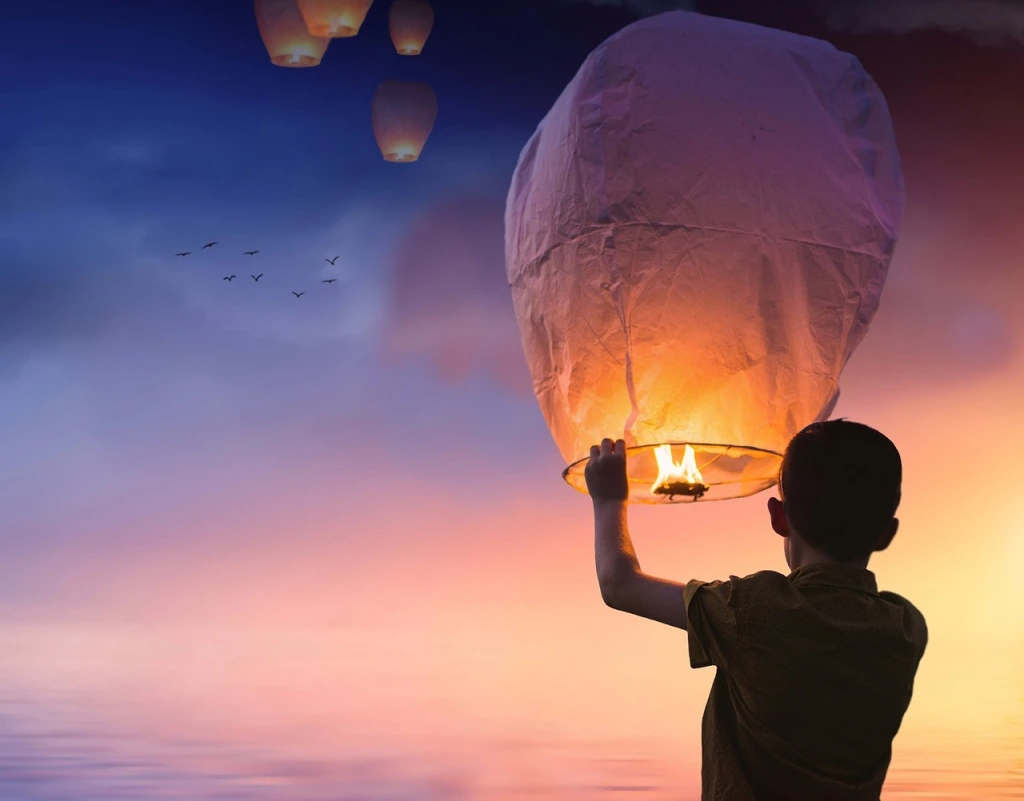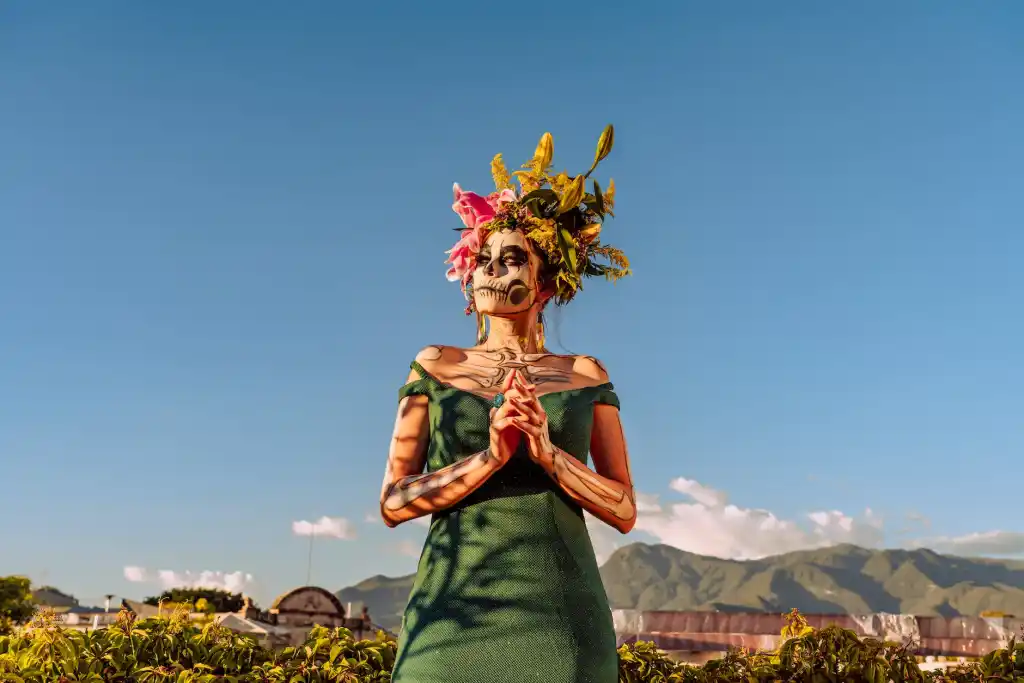As the winter chill fades away and the promise of a new beginning lingers in the air, millions around the world prepare for a grand celebration – the Chinese New Year. Also known as the Spring Festival, this vibrant and auspicious occasion is a time of reunion, reflection, and joy. In this article, we will delve into the rich traditions, customs, and the contagious festive spirit that defines the Chinese New Year, inviting readers to consider experiencing this cultural extravaganza firsthand.



Understanding the Chinese New Year
The Chinese New Year marks the beginning of the lunar new year and is celebrated by Chinese communities globally. The date varies each year, falling between January 21 and February 20, depending on the lunar calendar. Each year is associated with one of the twelve animals of the Chinese zodiac, and 2023 welcomes the Water Rabbit.
Preparation and Anticipation
The weeks leading up to the Chinese New Year are filled with excitement as families engage in thorough spring cleaning, symbolizing the removal of the old to make way for the new. The streets come alive with vibrant decorations, primarily in red and gold, symbolizing luck and prosperity. Preparations involve purchasing new clothes, decorating homes with auspicious symbols, and most importantly, stocking up on traditional delicacies.
Reunion and Family Traditions
The essence of the Chinese New Year lies in family reunions. The festivities commence on the eve of the new year with a sumptuous feast, known as the “reunion dinner,” where multiple generations gather to share a meal and exchange blessings. Red envelopes, or “hongbao,” containing money, are gifted as a symbol of good luck and prosperity.
As the clock strikes midnight, fireworks illuminate the sky, driving away evil spirits and welcoming the new year with a bang. The celebrations continue for 15 days, culminating in the Lantern Festival, where colorful lanterns light up the night sky.



The Lion and Dragon Dance Spectacle
One of the most captivating aspects of the Chinese New Year celebrations is the traditional lion and dragon dances. The rhythmic beats of drums and cymbals accompany the elaborate dance performances, believed to bring good luck and ward off evil spirits. Communities come together to witness these spectacular parades, fostering a sense of unity and joy.
Street Festivals and Temple Fairs
For those fortunate enough to experience the Chinese New Year in China or in communities with a strong Chinese presence, the streets transform into lively, bustling hubs of celebration. Traditional performances, cultural exhibitions, and an array of street food stalls create an electrifying atmosphere. Temple fairs, held in historic temples, offer a glimpse into ancient traditions through folk performances, art displays, and traditional games.
Delicious Delicacies to Savor
No Chinese New Year celebration is complete without indulging in a plethora of mouth-watering delicacies. From dumplings and spring rolls to fish and sweet rice cakes, each dish carries symbolic meaning. Dumplings, for instance, signify wealth and prosperity, while fish represents abundance. Exploring the diverse flavors and textures of these traditional dishes is a sensory journey that immerses visitors in the heart of Chinese culture.
Why You Should Experience the Chinese New Year
Cultural Richness: The Chinese New Year offers a unique opportunity to immerse yourself in the rich tapestry of Chinese culture. From age-old customs to modern celebrations, every aspect reflects the country’s deep-rooted traditions and the dynamism of its people.
Warm Hospitality: The festive spirit extends beyond family gatherings to embrace visitors with warmth and hospitality. Whether you’re exploring bustling street markets or participating in temple fairs, you’ll find the Chinese people eager to share their traditions and customs.
Visual Spectacle: The visual spectacle of the celebrations is unparalleled. From the dazzling red and gold decorations to the vibrant lion and dragon dances, every moment is a feast for the eyes. Fireworks lighting up the night sky add a touch of magic to the atmosphere.
Culinary Delights: Food plays a central role in Chinese New Year celebrations, and your taste buds are in for a treat. Sampling a variety of traditional dishes provides a culinary journey that reflects the diversity and symbolism of Chinese cuisine.
Symbolic Meaning: Every ritual and tradition during the Chinese New Year carries profound symbolic meaning. Participating in these customs offers a unique insight into the cultural values and beliefs that have been passed down through generations.


Conclusion
The Chinese New Year is not merely a festival; it’s a celebration of life, family, and the enduring spirit of a culture that spans thousands of years. To witness the dazzling fireworks, partake in the sumptuous feasts, and experience the joyous atmosphere firsthand is an opportunity to create lasting memories. This is not the only unique thing about China. You can learn here.
As you plan your travels, consider marking the Chinese New Year on your calendar. Whether you choose to celebrate in the heart of China or in a community abroad, the experience promises to be a cultural odyssey filled with warmth, tradition, and the infectious spirit of renewal. Embrace the Year of the Water Rabbit and let the Chinese New Year become a chapter in your own story of exploration and discovery.






Leave a Reply